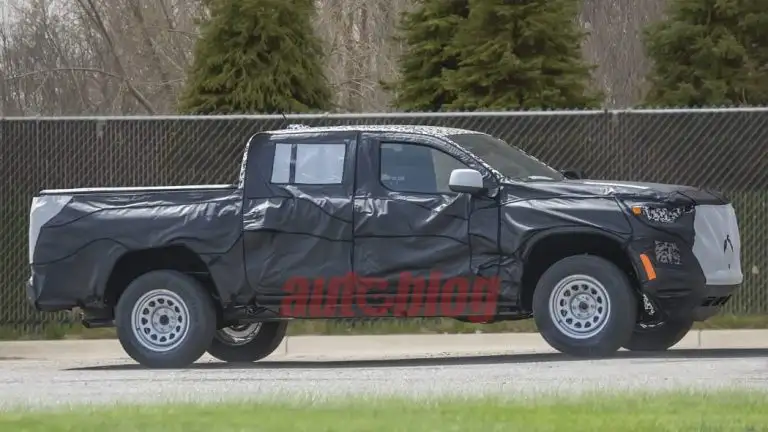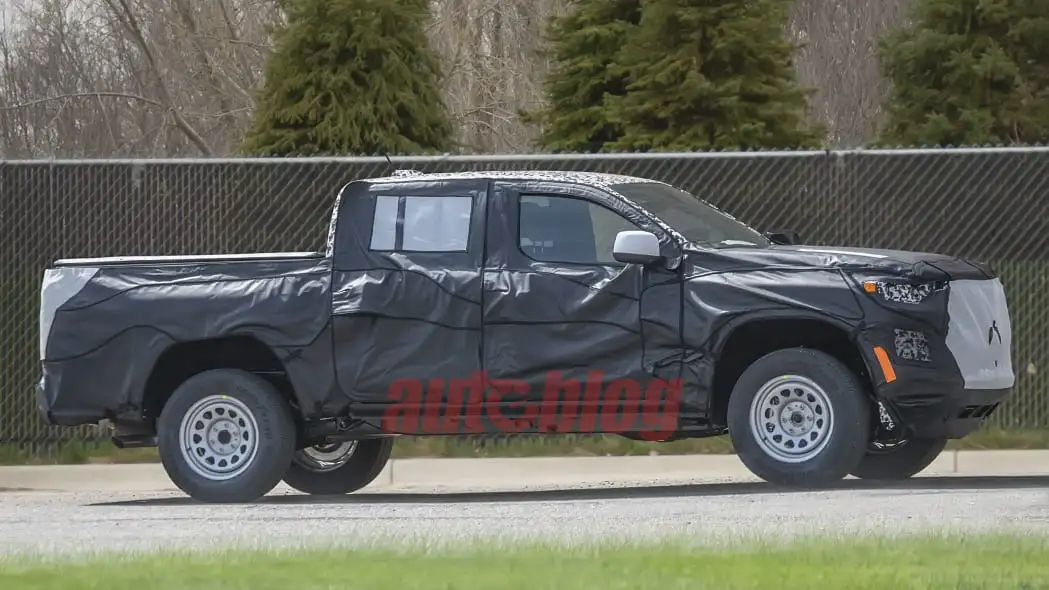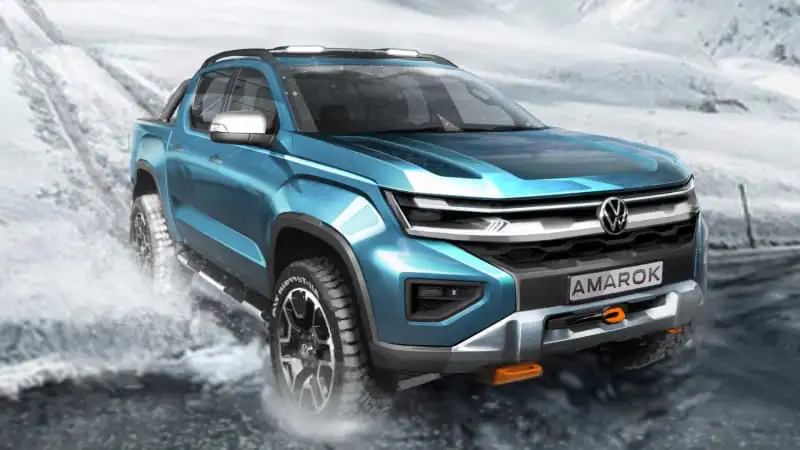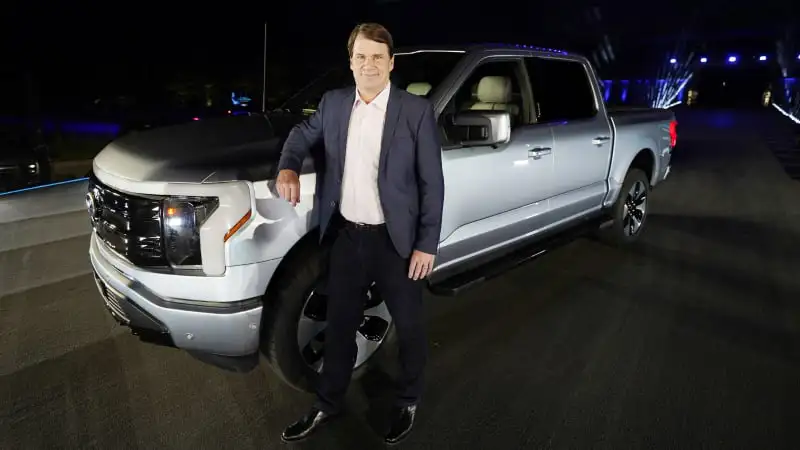 Logan Wade
.
May 26, 2021
.
Latest
Logan Wade
.
May 26, 2021
.
Latest


The next-generation Chevrolet Colorado broke cover in this fresh set of spy photos this week, giving us a glimpse of what to expect when GM’s compact trucks are replaced in what is expected to be either 2023 or 2024.
Thanks to its still-extensive camouflage, this prototype doesn’t give away a ton about the new Colorado’s styling, but in profile, it appears as though the swoopy, upswept rear cab line might become a thing of the past. We wouldn’t be surprised to see the new Colorado adopt a more angular, squared-off look more akin to that of its big brother, the half-ton Silverado. The Silverado is also expected to donate what may be the new Colorado’s only powertrain. Taking a cue from Ford, Chevy is expected to offer the next-gen Colorado with just a turbocharged four-cylinder engine — the new corporate 2.7T in this instance.
The large, 310-horsepower four-pot can easily take over for the 3.6L V6 currently available in the GM twins and one-up the 270-hp Ranger to boot. This would mark the end of both a V6 and diesel option being offered in GM’s midsize trucks, and tracks with the company’s slow, silent effort to eliminate lower-margin models. We say “trucks” because, well, whatever happens with Chevy is likely to translate to GMC. The Canyon will be due for replacement at the same time, and will likely carry on as a re-skin of Chevy’s offering.
_______________________________________________________________________

Volkswagen gave speculators something to chew on by filing a trademark application for the Amarok nameplate. While this request would go unnoticed in Europe, it raises eyebrows because it was made in the United States.
Filed on May 13, 2021, and first spotted by CarBuzz, the trademark filing explains the Amarok nameplate can be used on a dizzying selection of products ranging from cigar lighters for automobiles to omnibuses. We’re intrigued by the thought of a Volkswagen omnibus, but a peek at the firm’s European range reveals the Amarok nameplate denotes a body-on-frame pickup truck aimed at the Ford Ranger and the Toyota Hilux, among other models.
Selling the current-generation Amarok in the United States wasn’t possible, partly because it wasn’t developed with our set of regulations in mind, but the second-generation model due out in the coming months will be closely related to the next Ford Ranger so it will be easier to federalize. Pictured above as a sketch, the truck will seemingly fall in line with Volkswagen’s current design language, so it won’t look anything like its Blue Oval-badged sibling.
_______________________________________________________________________

EARBORN, Mich. — A new electric version of Ford’s immensely popular F-150 pickup truck might just be the catalyst that hastens America’s transition from gasoline to battery-powered vehicles.
Jim Farley, the company’s new CEO, calls the introduction of an electric version of the nation’s top-selling vehicle a watershed moment for Ford as well as for the auto industry. The new truck, called the F-150 Lightning and due in showrooms by next spring, will be able to travel up to 300 miles (480 kilometers) per battery charge and tow up to 10,000 pounds (4,500 kilograms).
Yet Ford’s commitment to the EV F-150 is hardly without risk. The company spent millions to develop the truck at a time when sales of electric vehicles remain minuscule — just 2% of the U.S. auto market. Many truck owners will be reluctant to switch from gasoline engines. And there’s the distinct possibility that at least in the early months and perhaps years of production, automakers could run short of EV batteries and the scarce precious metals needed to make them.
Read More Here!!
Share Link